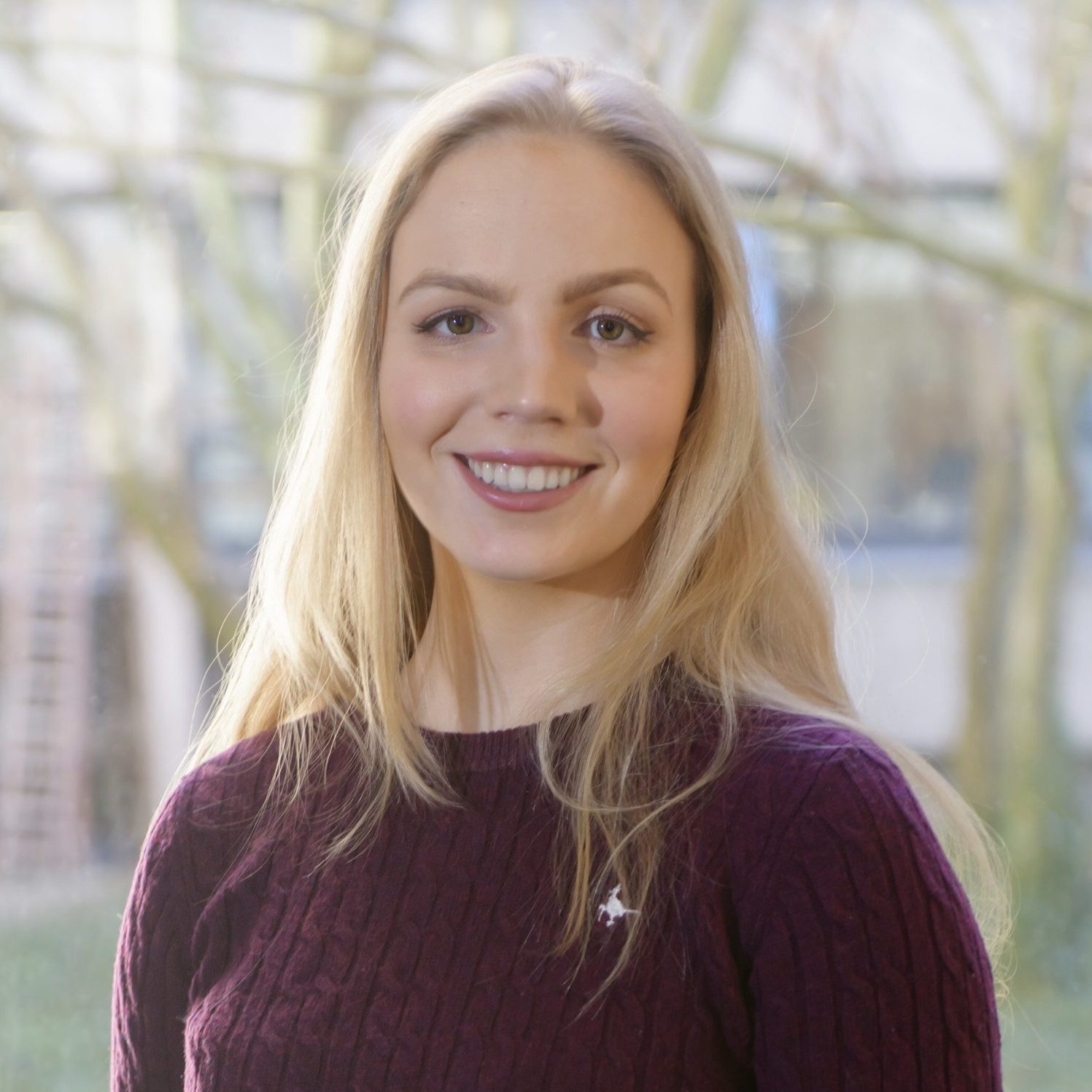Economics, Mathematics & Statistics
BSc(Hons) (NFQ Level 8)

Course Video
Curricular information is subject to change.
Open AllIf you are interested in Mathematics, Statistics and Economics, then this course enables you to explore these areas in depth, while also emphasising how they complement each other. Economists employ mathematics to design theoretical models and use statistics to test these models and to explore the tremendous amount of data that is generated by the economy. In turn, the models and data that are part of the study of Economics provide an interesting source of applications for students that have learned mathematical and statistical skills.
You will study Economics, Mathematics and Statistics, providing you with a solid foundation in all three subjects. You will also be given the opportunity to specialise in the latter stages of your degree, for example, in applied economics, advanced statistics, mathematical modelling of complex processes, or developing “Big Data” skills.
Through your study, you will develop skills in data analysis, and be supported in the development of your analytical and problem-solving skills, as well as in the application of these skills to understanding real economic issues. The degree will provide a structured approach to developing skills of analysis, problem design and resolution using mathematics, economic theory, data analysis and statistical methods.
First Year
- Introduction to Economics
- Principles of Microeconomics
- Principles of Macroeconomics
- Practical Statistics
- Statistical Modelling
- Calculus
- Linear Algebra
- Combinatorics and Number Theory
- Introduction to Programming
- Plus an Elective module.
Second Year
- Intermediate Microeconomics
- Intermediate Macroeconomics
- Probability
- Predictive Analytics 1
- Inferential Statistics
- Multivariate Calculus
- Analysis
- Linear Algebra 2
- Algebraic Structures
- Plus Elective modules.
Third & Fourth Year
- Econometrics
- Time Series Analysis
- Complex Analysis
- Financial Mathematics
- Stochastic Models
- Specialist Economics options
- Study Abroad Opportunity
- Internship Opportunity
- Research Project
- Plus Elective modules.
Assessment
Assessment is through a combination of end-of-trimester written examinations, projects and continuous assessment.
The skills and problem-solving abilities you acquire in this degree are highly prized in a range of professions, both private and public sectors, including banking, finance, accounting, management consultancy, broadcasting, business, journalism, teaching and communications.
Many students pursue graduate study in Economics, Mathematics or Statistics, leading to Master’s and PhD degrees. Both the School of Economics and the School of Mathematics and Statistics offer Master’s programmes aimed at further developing analytical and professional skills. Postgraduate qualifications are necessary to work as a professional economist.
“I always enjoyed maths at school but liked the idea of studying economics and statistics too, given that the three subjects complement each other and provide variety in my learning. UCD’s electives offer even more variety, I chose a module in Classical studies. The combination of subjects gives a thorough knowledge of both the theoretical and practical sides of maths and its applications, making it perfect for someone like myself who intends working in the finance sector. The UCD staff are incredibly helpful when things get difficult academically, this support allows me to continue playing hockey here in UCD.“
Hazel Hourigan, Student
Assistant Professor Kevin Hutchinson
UCD School of Mathematics and Statistics
Belfield,
Dublin 4
Email: kevin.hutchinson@ucd.ie


